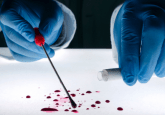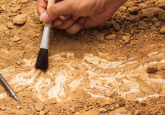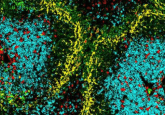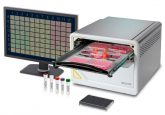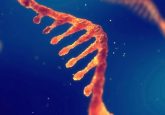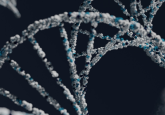Getting inside the brain of a killer and decreasing research costs – your latest issue of BioTechniques

This issue of BioTechniques brings you a look at neuroimaging inside the courtroom, cell-free protein synthesis and new method updates to make lab life easier.
Technology news
It’s been a question asked at various times in history: can biology predict a killer? Here, Editors Jennifer Straiton and Francesca Lake examine whether neuroimaging can – or should – be used to explain a criminal act.
Read now: Inside the brain of a killer: the ethics of neuroimaging in a criminal conviction
Review
Biopharmaceutical products represent a growing share of the pharmaceutical market, but current cell-based protein synthesis technology can be a bottleneck. This Review, from Marco Antonio Stephano and colleagues at Universidade de São Paulo (Brazil), delves into cell-free protein synthesis – how it works, recent advances using the technology and what we might expect from the future.
Reports & Benchmarks
This month’s myriad of method updates make your lab work faster, cheaper and easier!
New cloning vectors to facilitate quick allelic exchange in gram-negative bacteria
If you missed last month’s issue update, take a look here >>>
